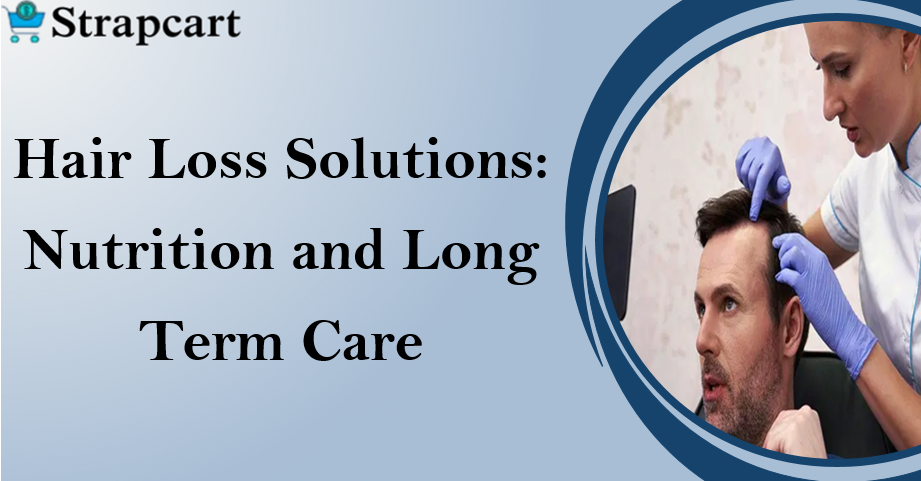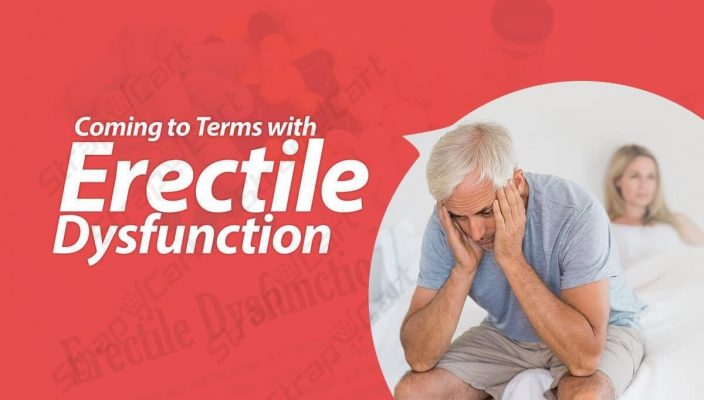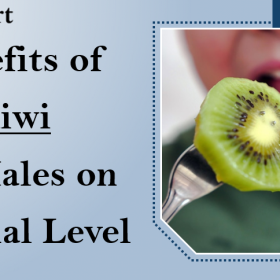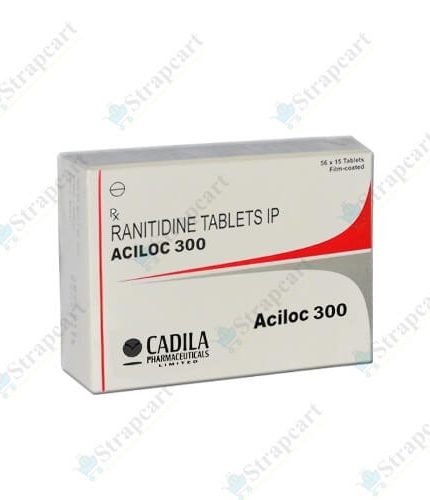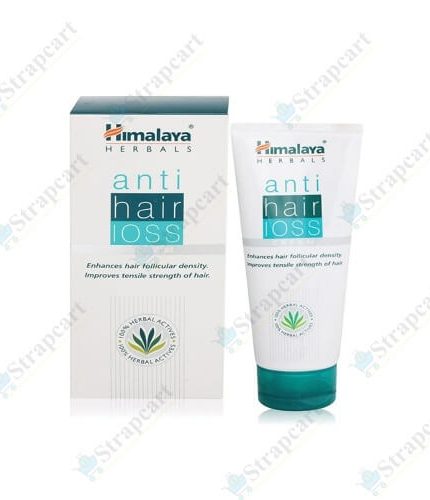Hair loss is a worry for people of all ages and genders. Although there are many factors that contribute to hair loss, long-term care and diet are two important but frequently overlooked elements.
We will examine how proper diet and long-term hair care might be crucial in treating and preventing hair loss in this extensive guide. We’ll discuss the value of a well-balanced diet, particular nutrients that encourage hair development, and doable long-term hair care techniques.
Understanding The Basics Of Hair Loss
Before we discuss nutrition and long-term care, it is important to gain a comprehensive grasp of the causes and symptoms of hair loss. Numerous causes, including as heredity, hormone imbalances, drugs, and underlying medical disorders, might be blamed for hair loss. However, it is frequently forgotten that eating correctly is also important for keeping hair colorful and healthy.
The Role Of Nutrition In Hair Health
Maintaining healthy hair requires eating a balanced diet. Hair issues including thinning, brittle hair, and even hair loss can result from your body not getting enough vital nutrients. Let’s examine some of the essential elements that support hair health:
- The building block of hair is protein. The amino acids required for hair development can be obtained from a diet high in lean meats, poultry, fish, and plant-based protein sources such beans and lentils.
- Vitamin H, sometimes referred to as biotin, is necessary for strong hair. Whole grains, nuts, and eggs are among the foods that contain it. For people who lack biotin, supplements are also available.
- Hair loss may result from an iron shortage. To promote hair health, include foods high in iron in your diet, such as lean red meat, spinach, and fortified cereals.
- Sunlight exposure, fortified meals, and supplements are good sources of vitamin D, which aids in the cycling of hair follicles.
- Fatty Acids Omega-3 These good fats found in walnuts, flaxseeds, and fatty fish like salmon can support healthy hair and scalp.
- Hair tissue growth and repair are aided by zinc. Zinc-rich foods include whole grains, almonds, and oysters.
- Vitamins A and C The synthesis of sebum, a natural hair conditioner, depends on both of these vitamins. Incorporate foods like citrus fruits (high in vitamin C) and sweet potatoes (rich in vitamin A).
- Brazil nuts and whole wheat bread are good sources of selenium, which is good for the scalp. You can preserve your hair and treat male pattern baldness and benign prostatic hyperplasia (BPH) with Fincar 5 mg.
The Mediterranean Diet and Hair Health
It is frequently asserted that the Mediterranean diet has numerous health advantages for both the body and the hair, and that it can positively affect both. Eating a diet high in fruits, vegetables, healthy grains, olive oil, and lean protein sources—all of which are high in vital nutrients—will help your hair flourish. Men can benefit from dutasteride 0.5 mg, a drug that is known to treat enlarged prostates and prevent hair loss.
Hydration And Hair
Maintaining moisture is vital for the health of your hair. To keep your hair hydrated from the inside out, it’s critical to consume enough water each day. Your hair may become brittle, frizzy, and dry as a result of dehydration. Finpecia 1 mg is a straightforward and reasonably priced treatment for male pattern baldness in men who want to maintain and develop hair.
Nutrition Supplements For Hair
A well-balanced diet and nutritional supplements made especially to promote hair health may be beneficial for certain people. Together with a healthy diet, a supplement that contains biotin, folic acid, and other vitamins and minerals can help enhance the development and quality of hair. Before incorporating any supplements into your daily routine, it is imperative to speak with a healthcare provider because taking too many of them can have negative effects. By blocking the hormone that causes male baldness, Finast 5 mg can help men restore a full head of hair.
Long-Term Hair Care Practices
Long-term hair care routines are just as crucial to halting hair loss and preserving a healthy mane as diet. The following are crucial rules to keep in mind:
- Be careful when managing your hair because tight hairstyles and excessive pulling might harm your follicles. You can also use a wide-toothed comb to untangle wet hair. Handle your hair gently and use a wide-toothed comb to untangle wet hair.
- One of the most crucial things you can do to avoid split ends is to keep your hair healthy. To keep your hair healthy, try to have a cut every 6 to 8 weeks.
- It’s important to choose the right shampoo and conditioner for your hair type. Select products made especially for your hair type; stay away from ones that contain harsh chemicals or sulfates, as these might harm your hair.
- Use UV-protective hair products or wear a hat to ensure that your hair is shielded from environmental harm. skin contact. contamination Your hair may sustain damage from extreme weather. Use UV-protective hair products or wear a hat to ensure your hair is shielded from these elements.
- Stress management is essential. Stress may be a factor in hair thinning. By engaging in relaxation practices like yoga, meditation, and deep breathing, you can lower your stress levels. Your general health, including the condition of your hair, will improve as a result.
- Massage of the Scalp Enhancing blood circulation on your scalp with massage might encourage the growth of new hair. To improve the experience, use essential oils like lavender or rosemary. Morr F 10% Solution increases hair growth and confidence in males with male pattern baldness.
Conclusion
Although hair loss can be an upsetting problem, you can prevent it by taking proactive measures to keep a healthy head of hair by concentrating on nutrition and long-term maintenance. When combined with proper hair care techniques, a well-balanced diet full of vital nutrients can significantly reduce hair loss and encourage hair growth. Keep in mind that patience and persistence are essential because benefits might not be seen right away. If you are suffering from serious hair loss, seek the advice and remedies of a healthcare professional.

